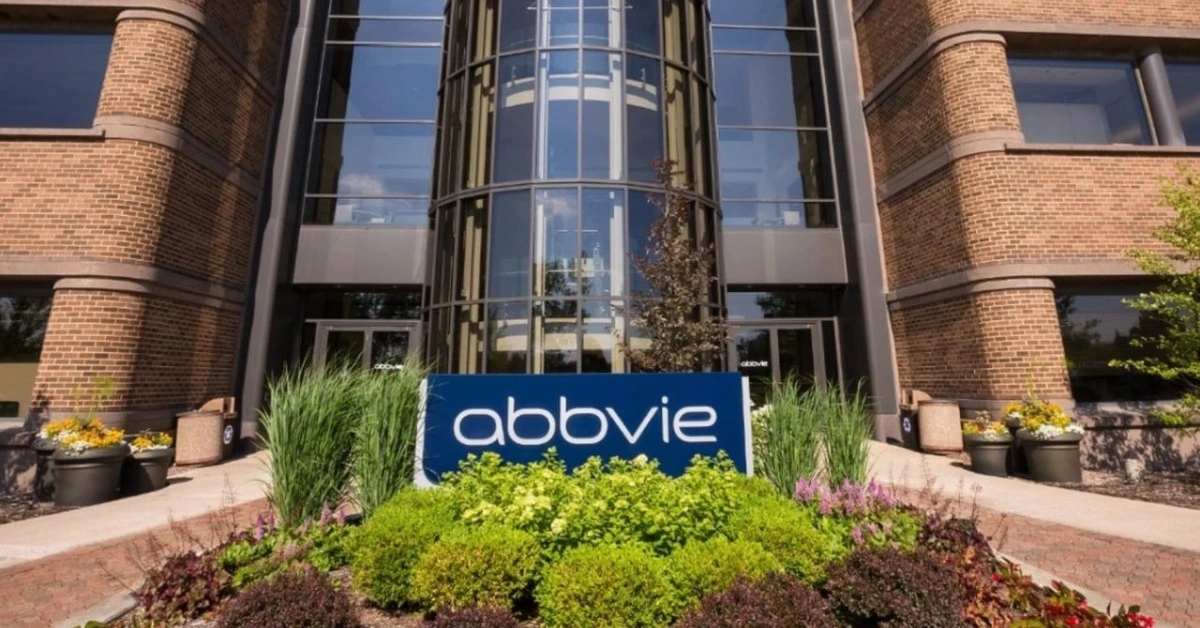
USA – AbbVie has made a major move in oncology, investing more than US $2.1 billion in a collaboration with Xilio Therapeutics to develop tumor-activated immunotherapies.
This shift signals a renewed focus on cancer treatments, moving beyond AbbVie’s recent emphasis on neurology deals.
Following the announcement on Wednesday, Xilio’s shares surged by over 113% in pre-market trading.
As part of the agreement, AbbVie will provide US $52 million upfront, which includes US $10 million in equity investment.
Xilio will also be eligible for up to US $2.1 billion in additional payments, depending on option-related fees and milestone achievements, along with tiered royalties on future sales.
Xilio’s tumor-activated biologics
The partnership centers on Xilio’s innovative technology, which focuses on tumor-activated biologics, including masked T-cell engagers.
These therapies are designed to activate selectively within the tumor environment while minimizing side effects in healthy tissues.
Xilio’s approach harnesses matrix metalloproteases (MMPs)—enzymes that play a crucial role in tumor growth and spread.
These enzymes remove masking domains from the therapy, allowing it to activate specifically in tumors.
By targeting cancer cells while sparing normal tissues, Xilio aims to enhance treatment effectiveness and reduce toxic side effects.
Strategic expansion for both companies
This collaboration is a welcome boost for Xilio, whose stock had recently dropped following mixed Phase II results for its anti-CTLA-4 drug, vilastobart, in colorectal cancer.
The deal also reinforces AbbVie’s growing presence in oncology, which generated US $6.6 billion in revenue in 2024, marking an 11% year-over-year increase.
Unlike many pharmaceutical companies that prioritized inflammatory disease treatments in recent years, AbbVie has been doubling down on neurology and oncology. In addition to its partnership with Xilio, the company has secured several key oncology deals:
XRP HEALTHCARE L.L.C | License Number: 2312867.01 | Dubai | © Copyright 2025 | All Rights Reserved